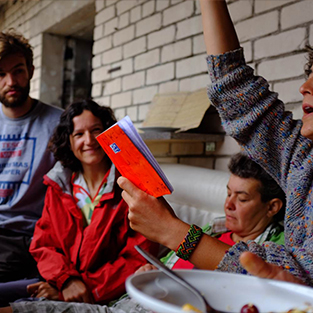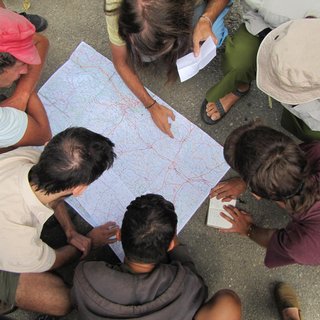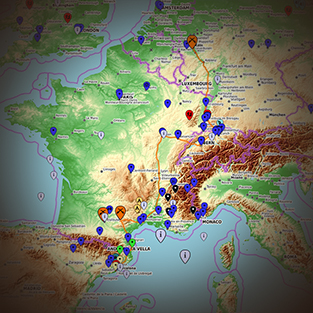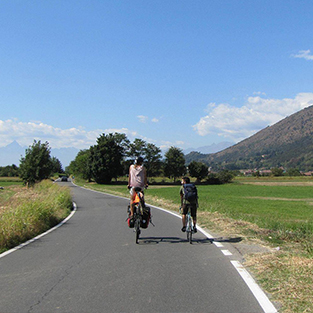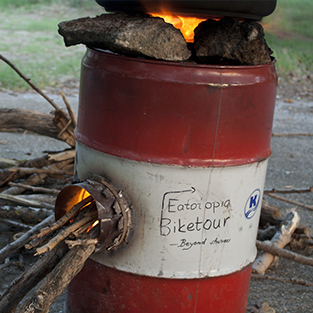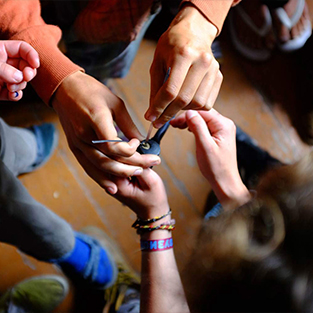About
We try to make the tour as inclusive as possible for any level of fitness or experience with bike touring. We cycle a maximum of 30–70 km per day (depending on the hills), and on average half of the days we stay in a place without cycling. Our experience is that almost everyone can manage this, but there is the possibility to shorten the distances if we discover that it is too much. People cycle in small groups or alone, at whatever speed suits them, and many people like to take it slow and take lots of breaks. A detailed route plan for the day is shared in the morning, arrows are drawn with chalk on the road at every turn, and if you get lost you can always call the Biketour phone. If you have a shitty bike, you will not be the only one, and we enjoy supporting each other if something breaks. We make sure that the last people to leave carry a toolbox, a phone and a first-aid kit in order to assist if anything goes wrong on the road.
Read more about what the Ecotopia Biketour is. If you would like to get an insight into the organisation or just ask a question, contact us.
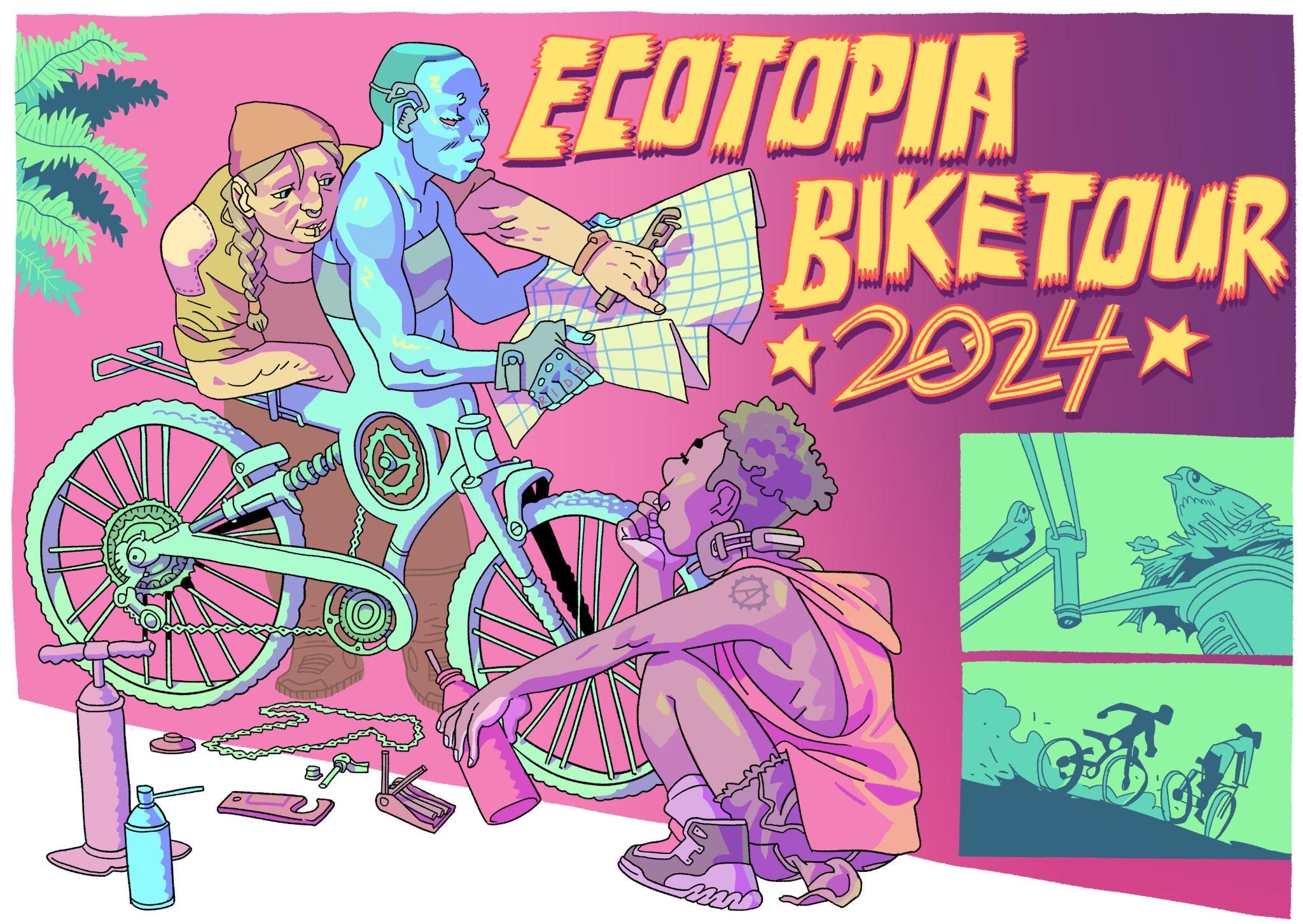
Latest blog posts
Shanti Dom

Przepraszamy, ten wpis jest dostępny tylko w języku English. For the sake of viewer convenience, the content is shown below in the alternative language. You may click the link to switch the active language. Due to our short visa, we had to take a train to skip most of the 400 km of cycling from Brest to Shanti Dom, a yoga farm with an international volunteering programme about 70 km west of Minsk. Lucky as we are, it started raining cats and dogs just after we got out of the train to cycle 40 km, but when we finally arrived,…
Biketour in Brest
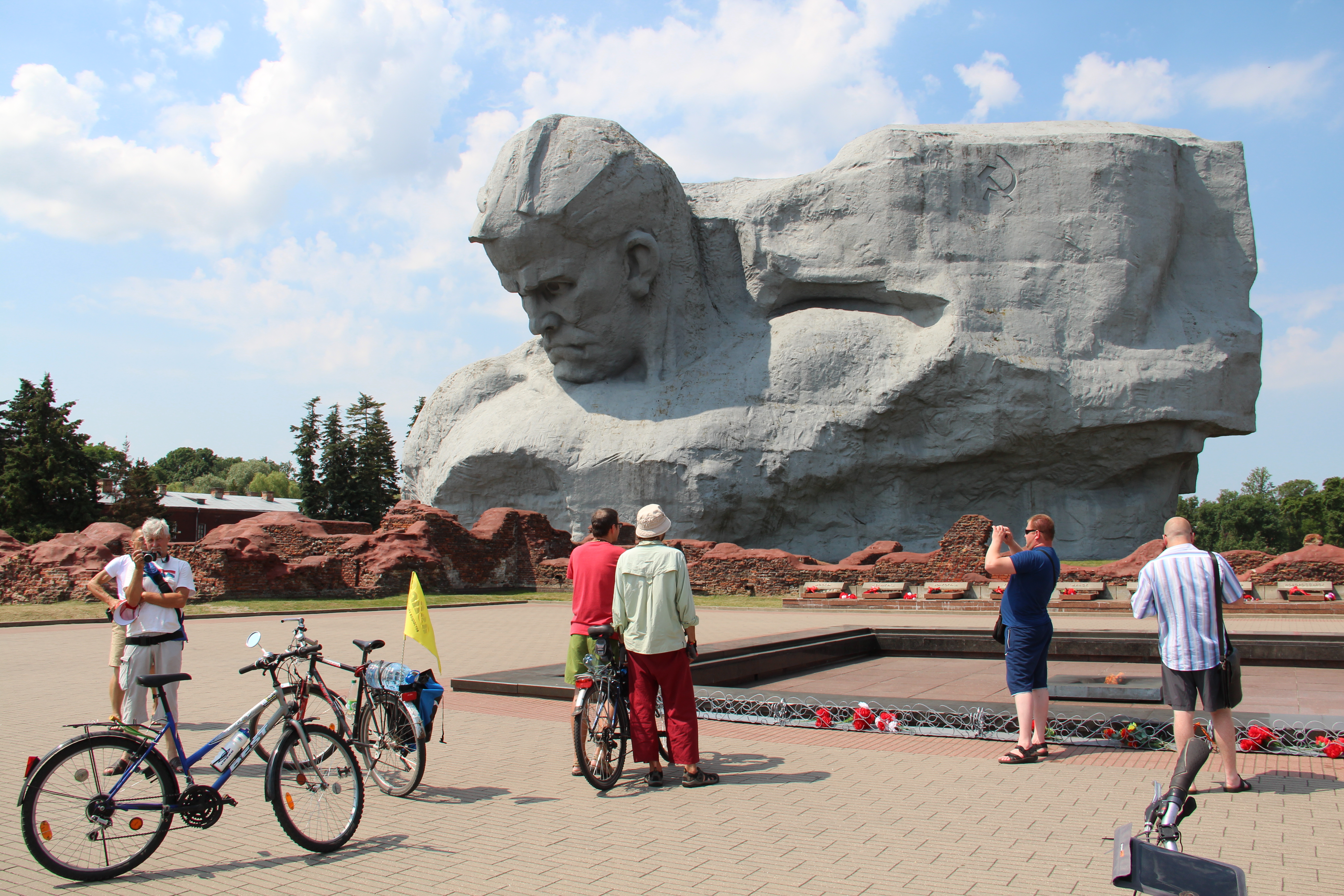
Przepraszamy, ten wpis jest dostępny tylko w języku English. For the sake of viewer convenience, the content is shown below in the alternative language. You may click the link to switch the active language. After so many fails, we couldn’t believe it when the bus started going and actually took us into Belarus. At the bus stop we were already awaited by Valentin from Radeja Bike Club, with whom we had been in a lot of contact with to prepare the documents for the visa application. Valentin was over-excited to lead us through the city, and communication was a bit…
belarus border chaos
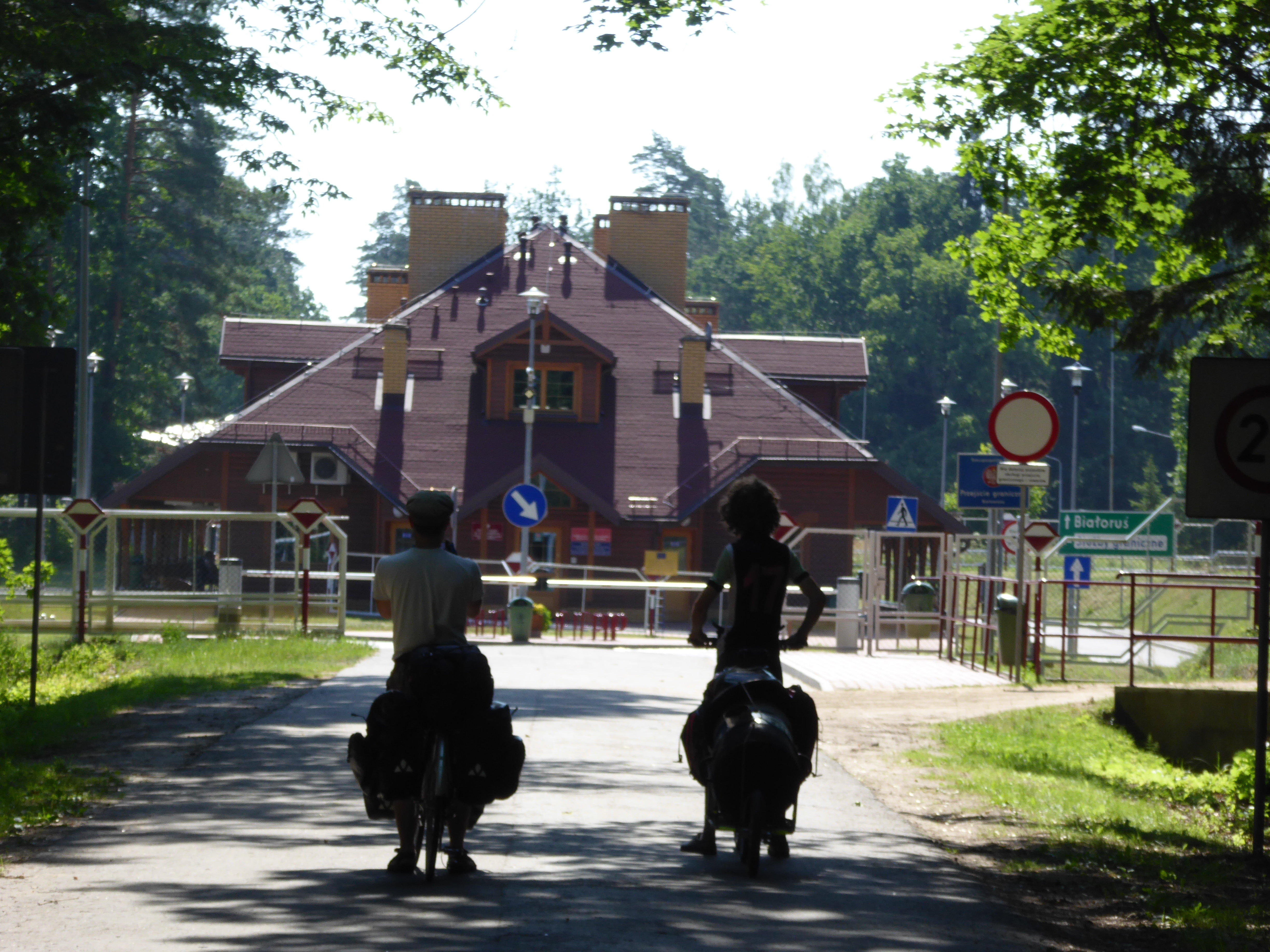
Przepraszamy, ten wpis jest dostępny tylko w języku English. For the sake of viewer convenience, the content is shown below in the alternative language. You may click the link to switch the active language. When the 2016 biketour collective first discussed going to Belarus, we expected that the visa would require some work, but after doing considerable research into the process, decided it was a manageable task. We did some preparation, but then expected that everything would fall into place when we met together at the starting point in Warsaw and would proceed as planned. It didn’t. So, heres a…
Compost-toilet out of trash
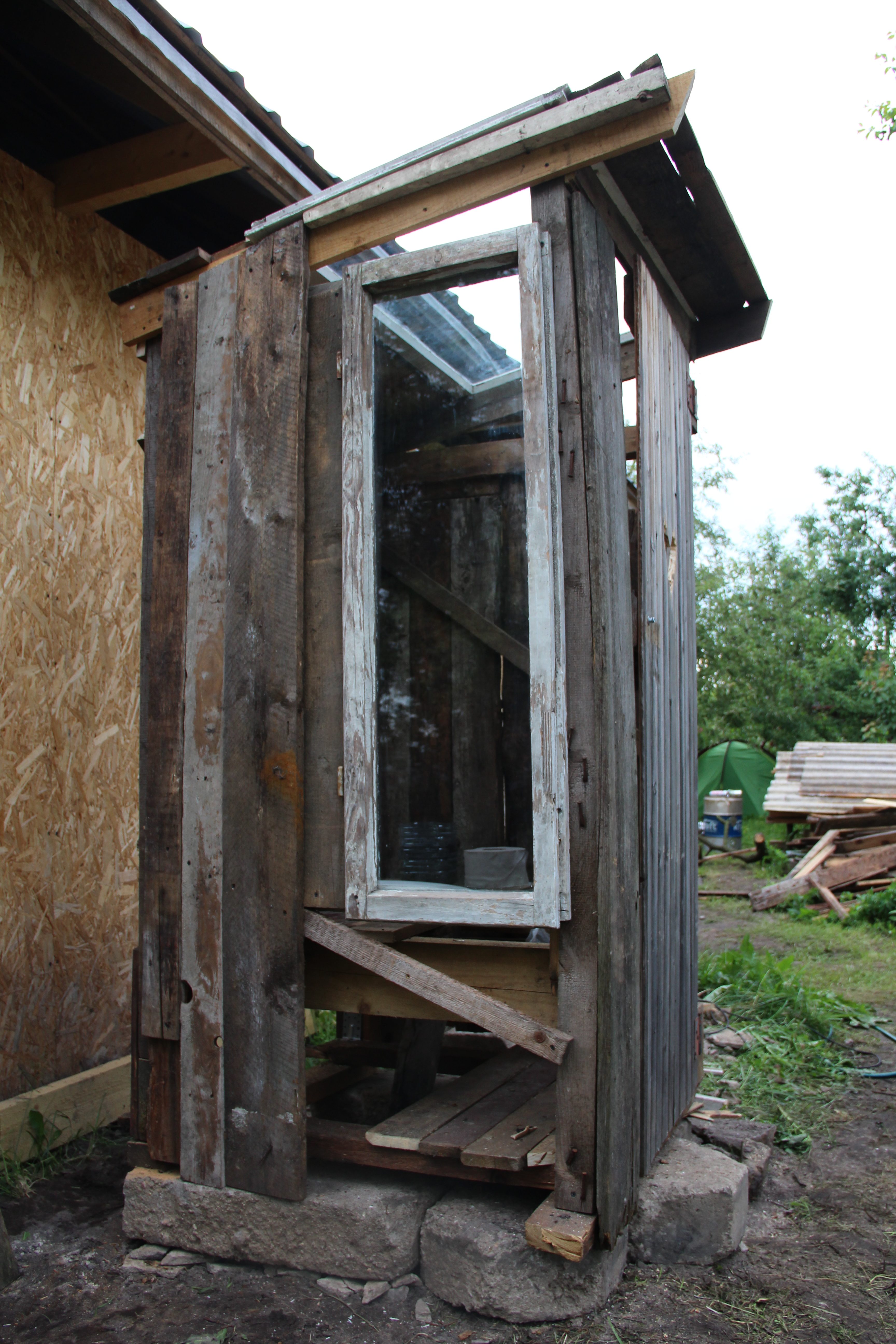
Przepraszamy, ten wpis jest dostępny tylko w języku English. For the sake of viewer convenience, the content is shown below in the alternative language. You may click the link to switch the active language. Paulina invited us to stay at her tiny garden house in the allotment gardens of hajnowka. Shower was a garden hose, food supply came from the incredibly friendly neighbours, our tents were spread out in the garden, toilet was in Kaufland or in the forest. We had some beautiful days there with her. As a thank you we built an own toilet next to the house.…






